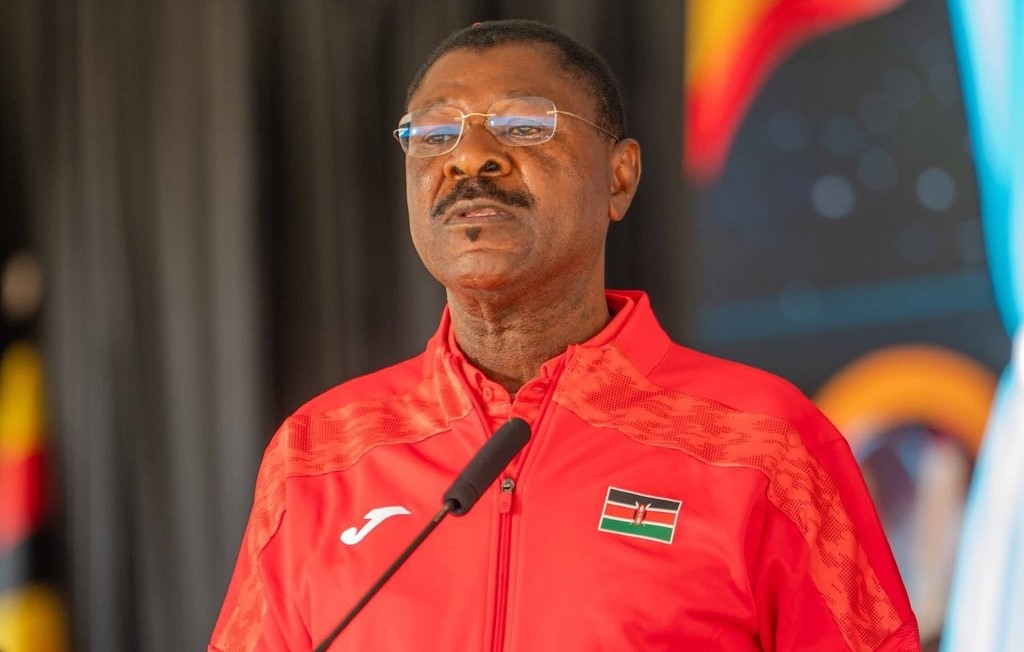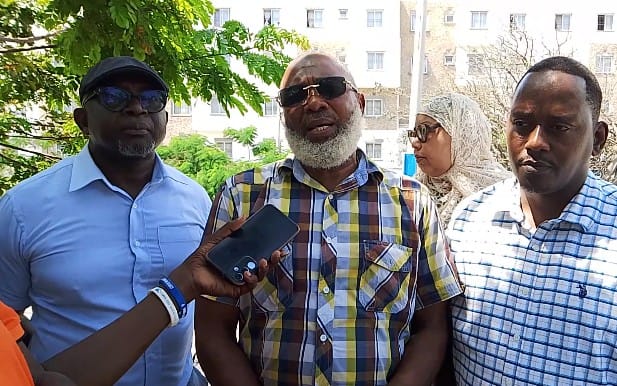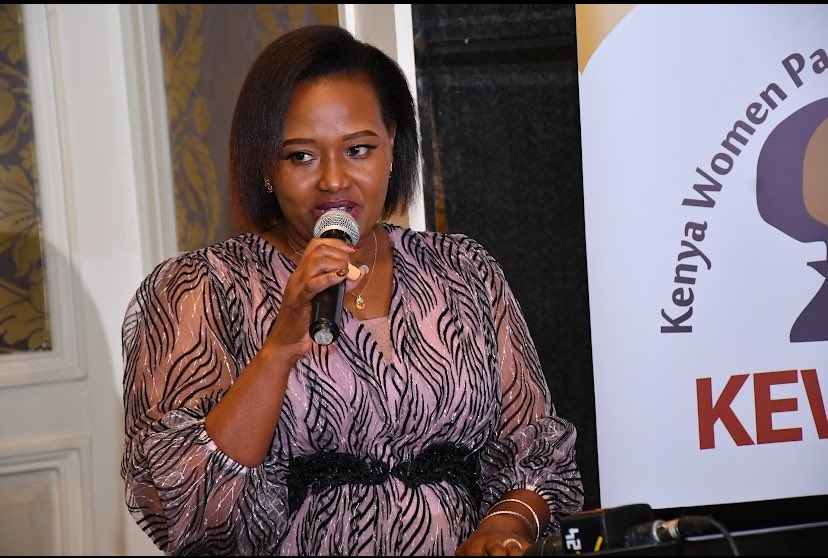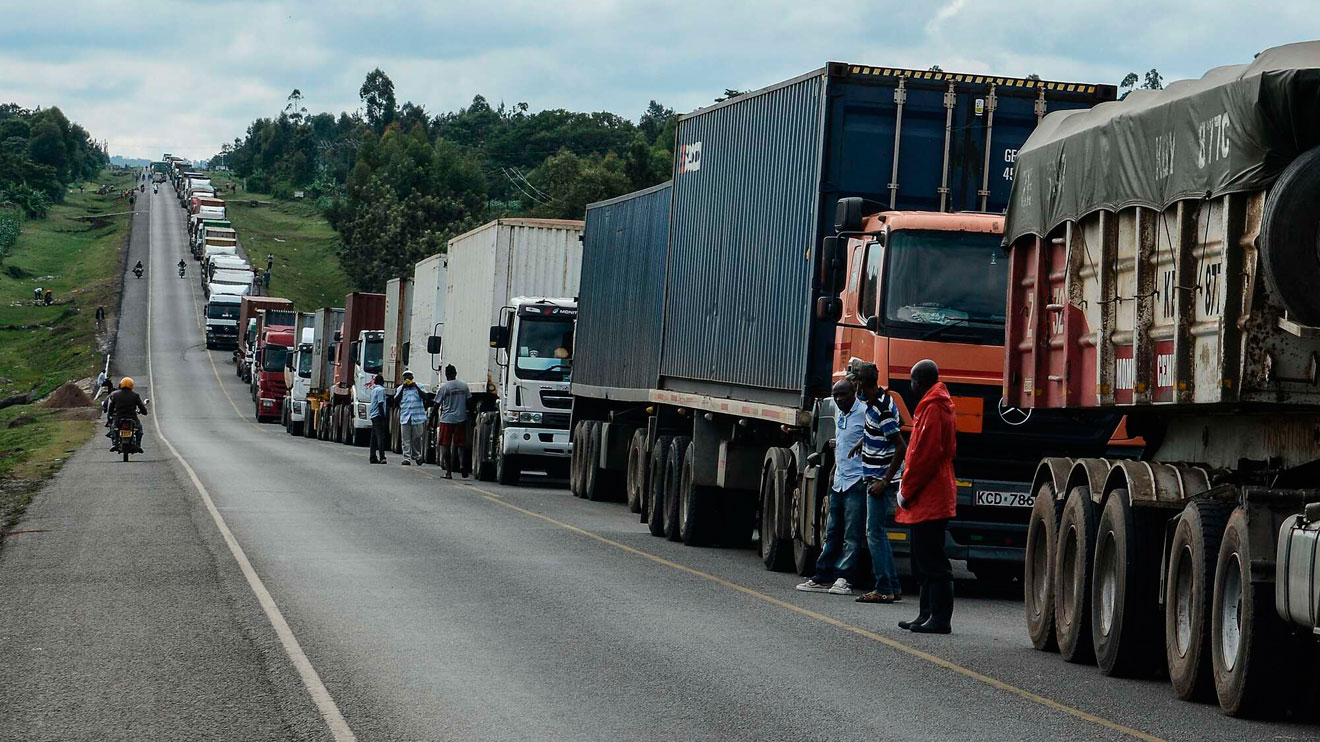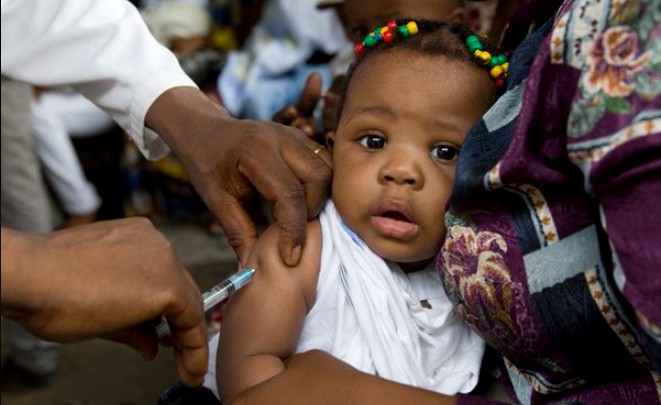National Umma Party pushes for Sudan’s Tagadum coalition reforms
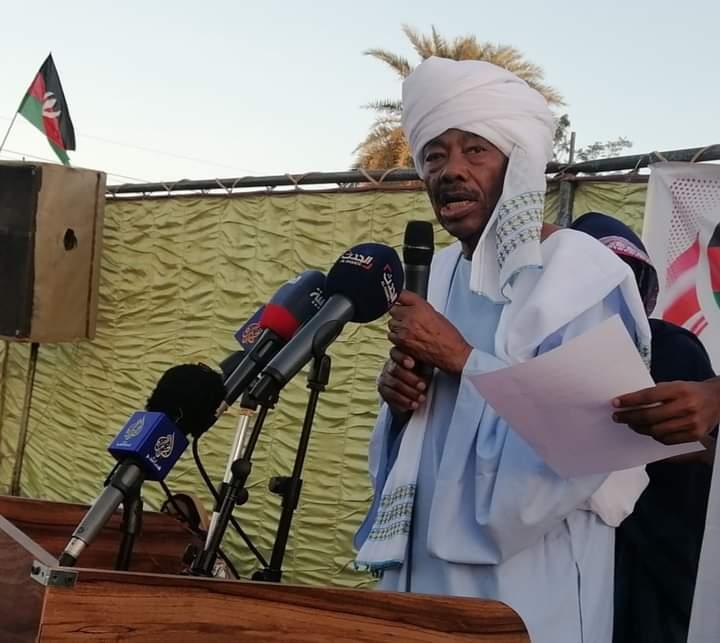
The NUP advocated for a round-table conference involving all national military and political parties to foster a more inclusive dialogue towards peace.
Fadlallah Burma, the leader of Sudan's National Umma Party (NUP), has disclosed ongoing discussions within the anti-war coalition, Tagadum.
Speaking exclusively to the Sudan Tribune, Fadlallah emphasised the NUP's dedication to addressing the coalition's shortcomings rather than adhering strictly to preset timelines.
More To Read
- Sudan’s crisis deepens with communities trapped in ‘siege conditions’
- From protesting tyranny to saving lives: How Sudan’s networks are responding to war
- ‘I have to talk about it' - rape and terror sparks mass migration in Sudan
- Sudan army makes major gains in South Kordofan, retakes key villages from SPLM-N
- Sexual violence driving mass flight from Sudan to South Sudan: What you need to know
- Why UN’s gradual move back to Khartoum, Sudan is ‘an important step’
On March 10, the NUP presented a comprehensive reform vision to both Chairman Abdel Fattah al-Burhan of the Taqaddum Alliance and Tagadum Chairman Abdallah Hamdok.
The proposal critiqued what it perceived as a lack of neutrality within the coalition concerning the ongoing conflict, particularly highlighting media bias towards certain factions, notably the Rapid Support Forces.
Further, the NUP advocated for a round-table conference involving all national military and political parties to foster a more inclusive dialogue towards peace.
Fadlallah reiterated the NUP's commitment to unity and historical responsibility to end the war and achieve peace.
He stressed the importance of flexibility in political work, especially in overcoming differences and reaching consensus.
Representation
Fadlallah emphasised the crucial need for representation within the alliance.
"We respect all groups within Tagadum," he asserted, "but each component deserves fair representation based on its true weight." This highlights the NUP's push for a more equitable distribution of power within the coalition.
Notably, Tagadum's efforts to include holdout groups like the SPLM-N of Abdel Aziz al-Hilu and the SLM led by Abdel Wahid al-Nur have faced significant challenges.
Additionally, Tagadum expressed openness to collaborating with the Democratic Bloc coalition, contingent on their abandonment of support for the war.
The NUP's stance underscores a broader call for reform within Tagadum, particularly in revising the power allocation structure.
Last October, Tagadum's founding members agreed to allocate 30 per cent of power to political forces, with the remaining 70 per cent designated for civil society actors.
The NUP's advocacy suggests a need for reassessment to better reflect the diverse interests within the coalition.
Top Stories Today


